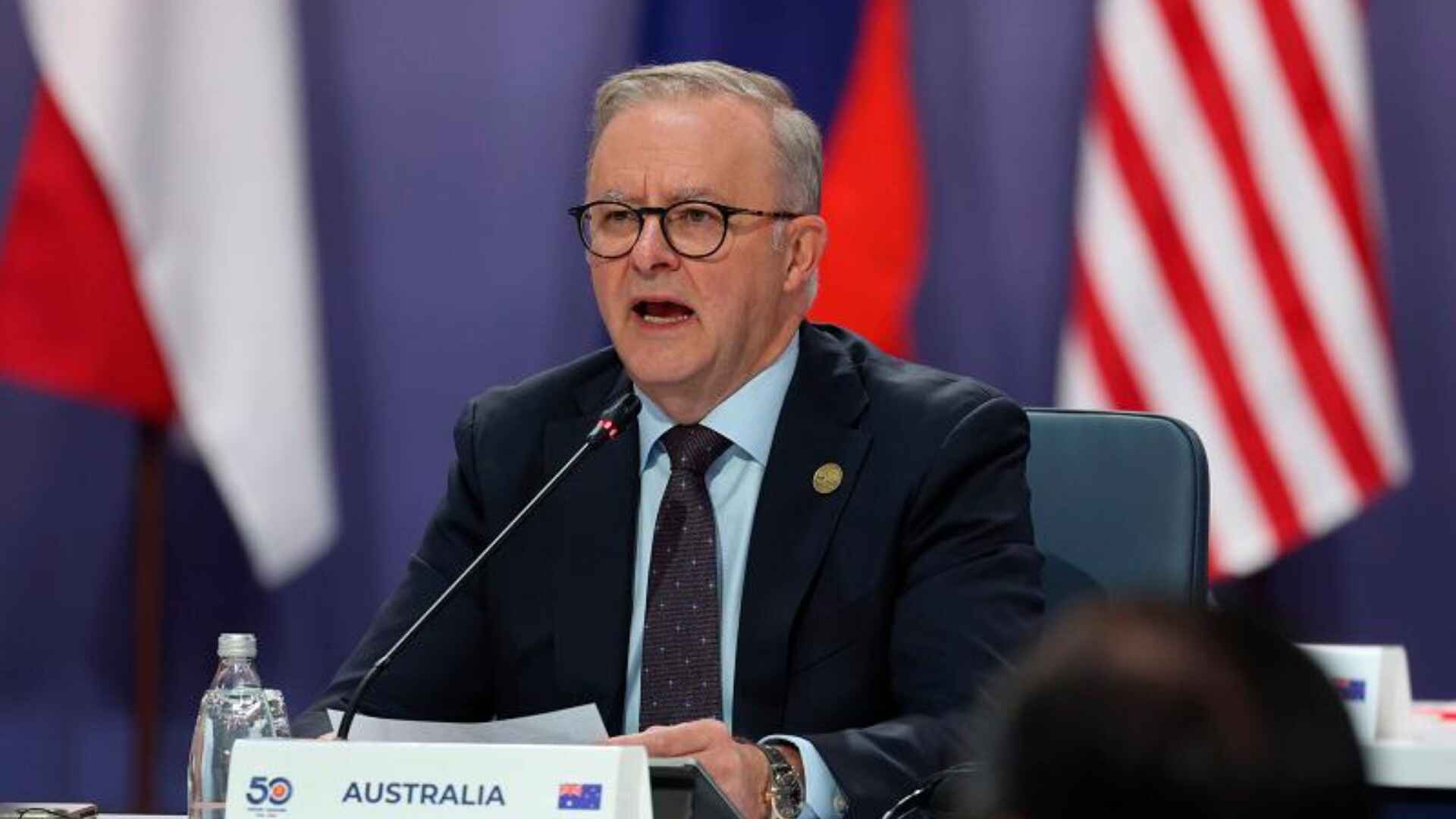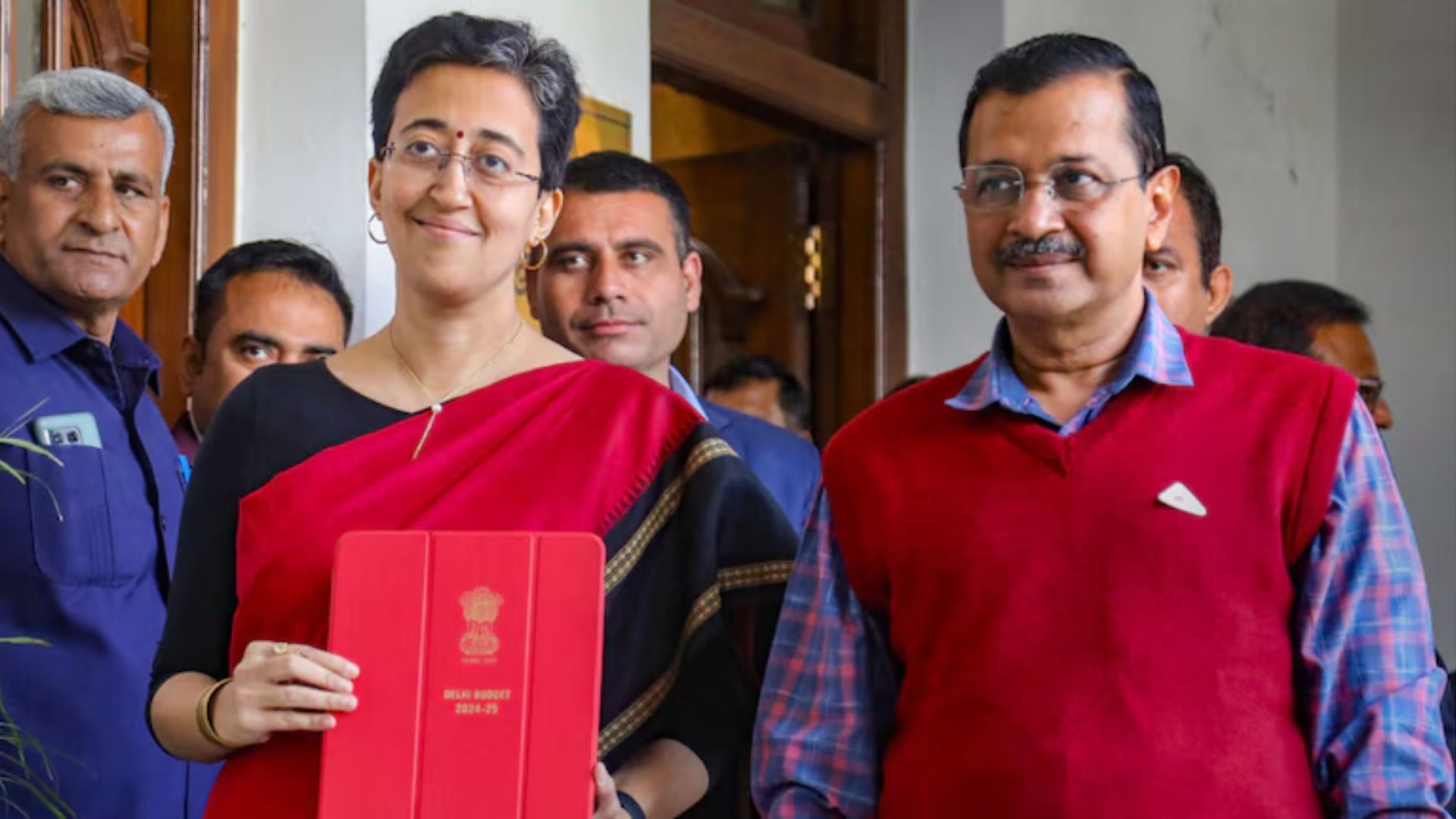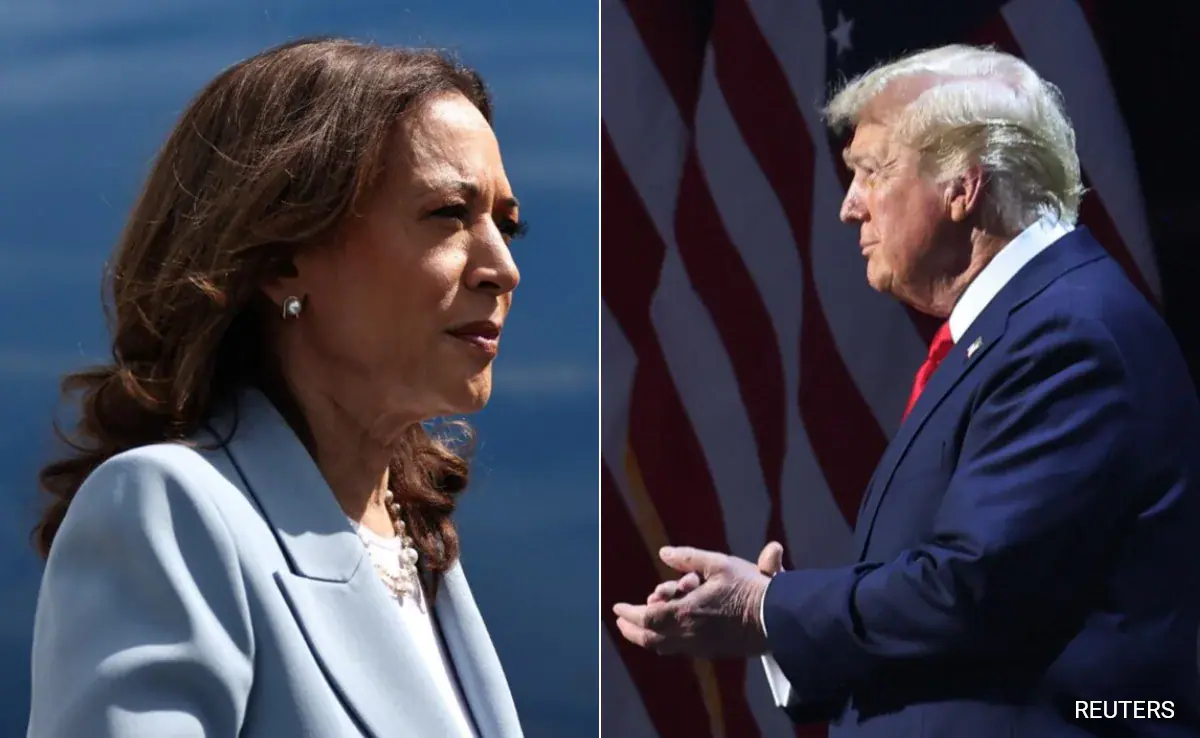
To protect children from the perceived harms of social media, Australian Prime Minister Anthony Albanese announced on Tuesday that the government will introduce federal legislation this year to restrict children’s access to popular social media platforms. The new rules will set a minimum age limit, potentially as high as 16, to curb young people’s use of sites like Facebook, Instagram, and TikTok.
Albanese emphasized his desire to shift children away from their screens and onto more active pursuits. “I want to see kids off their devices and onto the footy fields and the swimming pools and the tennis courts,” he stated. The Prime Minister expressed his concerns about the detrimental effects of social media on mental health, describing it as a “scourge” that has led to significant social harm.
While the specific age threshold for accessing social media has not yet been finalized, Albanese’s personal preference leans towards setting it at 16. Age verification trials are expected to be conducted over the coming months to determine the feasibility of enforcing such a restriction. Despite these efforts, experts are skeptical about the effectiveness of age verification technology.
Associate Professor Toby Murray from the University of Melbourne highlighted the limitations of current age verification methods, noting that they are often unreliable and easily bypassed. “We already know that present age verification methods are unreliable, too easy to circumvent, or risk user privacy,” Murray explained.
The proposed age limit has sparked debate among analysts and researchers. Daniel Angus, who leads the digital media research centre at Queensland University of Technology, cautioned that such measures might not address the underlying issues. “It threatens to create serious harm by excluding young people from meaningful, healthy participation in the digital world,” Angus said.
Conversely, Samantha Schulz, senior sociologist of education at the University of Adelaide, supported the idea of age restrictions but emphasized that broader regulatory reforms are needed. “However, young people are not the problem and regulating youth misses the more urgent task of regulating irresponsible social media platforms,” she argued.
Australia’s conservative opposition leader, Peter Dutton, voiced his support for the proposed age limit, stressing the urgency of protecting children from social media’s negative effects. “Every day of delay leaves young kids vulnerable to the harms of social media and the time for relying on tech companies to enforce age limits,” Dutton stated.
Albanese also criticized social media companies for their handling of online safety, emphasizing the need for them to take more responsibility. “These social media companies think they’re above everyone,” he told a radio interviewer. “Well, they have a social responsibility and at the moment, they’re not exercising it. And we’re determined to make sure that they do.”
Australia has been a pioneer in regulating social media, recently clashing with high-profile platforms like Elon Musk’s X over content management. The forthcoming legislation aims to continue this trend, placing greater accountability on social media companies to ensure safer online environments for young users.















